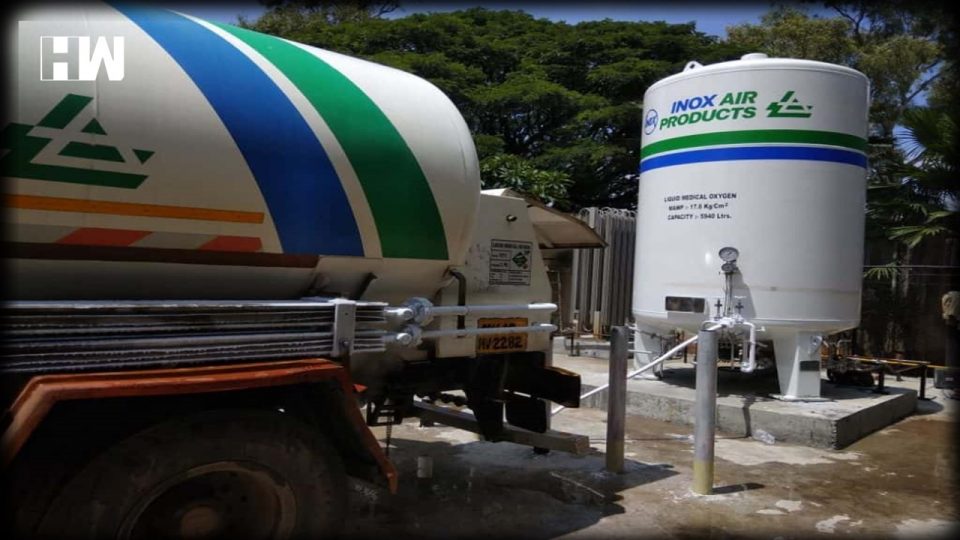“There was a gross discrepancy (about four times). The actual oxygen consumption claimed by the Delhi government (1,140MT) was about four times higher than the calculated consumption as per the formula based on bed capacity (289 MT),” said the TOI report
An audit panel appointed by the Supreme Court has found that the Delhi government exaggerated the oxygen requirement in the national capital by more than four times during the April 25-May 10 peak period of the COVID-19 second wave.
At a time when Delhi’s health infrastructure collapsed within a week of the second wave, it struggled to get oxygen for citizens in need and was engaged in a war of words with the Centre and the Courts stepping in as well asking the latter to increase the capital city’s quota.

According to a report by The Times of India, the oxygen audit team also informed the apex court that the supply of excess oxygen to Delhi could have affected supply to 12 states with a high caseload.
Also Read: Head Shaved, Sanitizer Sprayed On BJP Workers Seeking “Ghar Wapasi” In Trinamool Congress
On April 20, 2021, Delhi had reported its peak at around 28,000 new COVID-19 cases during a 24-hour period.
As an independent media platform, we do not take advertisements from governments and corporate houses. It is you, our readers, who have supported us on our journey to do honest and unbiased journalism. Please contribute, so that we can continue to do the same in future.

